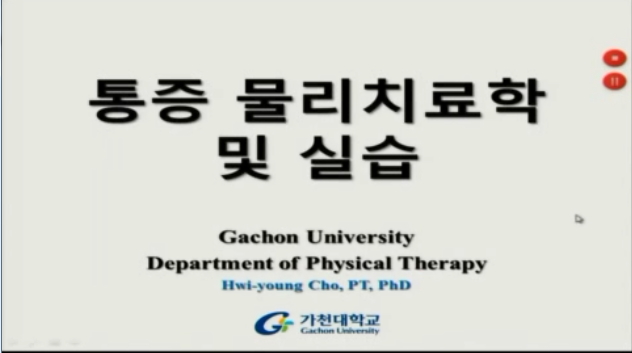Purpose: This study aimed to evaluate the validity and reliability of the Korean version of the RevisedNeurophysiology of Pain Questionnaire (RNPQ-K)Methods: The English version of RNPQ was translated into Korean using standard translation guidelines....
http://chineseinput.net/에서 pinyin(병음)방식으로 중국어를 변환할 수 있습니다.
변환된 중국어를 복사하여 사용하시면 됩니다.
- 中文 을 입력하시려면 zhongwen을 입력하시고 space를누르시면됩니다.
- 北京 을 입력하시려면 beijing을 입력하시고 space를 누르시면 됩니다.

한국어판 수정된 통증 신경생리학 지식 측정도구의 타당도와 신뢰도 = Construct Validity and Reliability of the Korean Version of the Revised Neurophysiology of Pain Questionnaire
한글로보기https://www.riss.kr/link?id=A108909180
- 저자
- 발행기관
- 학술지명
- 권호사항
-
발행연도
2023
-
작성언어
Korean
- 주제어
-
등재정보
KCI등재
-
자료형태
학술저널
-
수록면
37-48(12쪽)
- 제공처
-
0
상세조회 -
0
다운로드
부가정보
다국어 초록 (Multilingual Abstract)
Purpose: This study aimed to evaluate the validity and reliability of the Korean version of the RevisedNeurophysiology of Pain Questionnaire (RNPQ-K)Methods: The English version of RNPQ was translated into Korean using standard translation guidelines. Surveydata were collected from 314 physical therapists working in Korea through a social networking service. Itemanalysis, internal consistency, reliability, content validity, and construct validity of the RNPQ-K were evaluated.
Results: The RNPQ-K was composed of 12 items. No floor and ceiling effects were observed in physicaltherapists. The internal consistency had a Cronbach’s α-coefficient of 0.64. The content validity score wasmore than 0.93 and the exploratory factor analysis for the construct validity testing generated three factors.
Conclusion: The results of this study suggest that the RNPQ-K can be applied to Korean users to assessand quantify pain knowledge. It is hoped that this tool can be used in physiotherapy research related to paininterventions or as a measure to verify the effectiveness of pain reconceptualization in patients.
동일학술지(권/호) 다른 논문
-
키네시오 테이핑을 결합한 발 교정 운동이 엎침된 발의 족압과 발 자세 지수에 미치는 영향
- 대한스포츠물리치료학회
- 김경훈
- 2023
- KCI등재
-
무릎 각도에 따른 교각운동 시 복부 드로잉-인 기법과 엉덩관절 모음이 복부 근두께에 미치는 영향
- 대한스포츠물리치료학회
- 정현민
- 2023
- KCI등재
-
방문 물리치료의 안정화 운동이 뇌졸중 환자의 균형능력과 일상생활동작 및 폐기능에 미치는 영향
- 대한스포츠물리치료학회
- 양대중
- 2023
- KCI등재
-
- 대한스포츠물리치료학회
- 이재혁
- 2023
- KCI등재




 eArticle
eArticle






